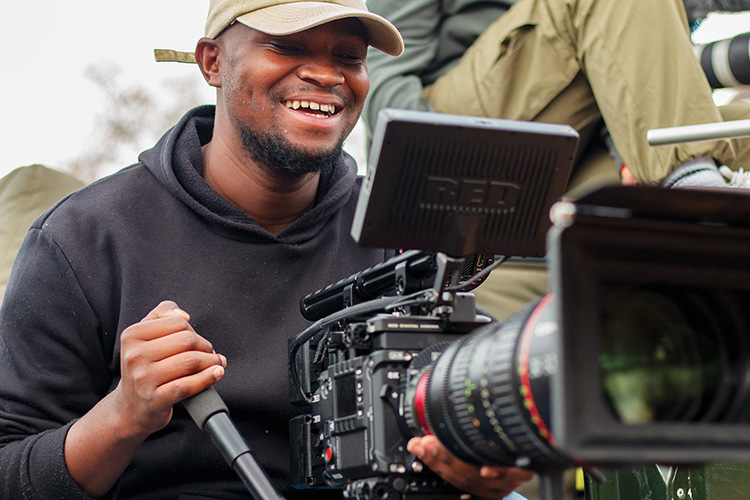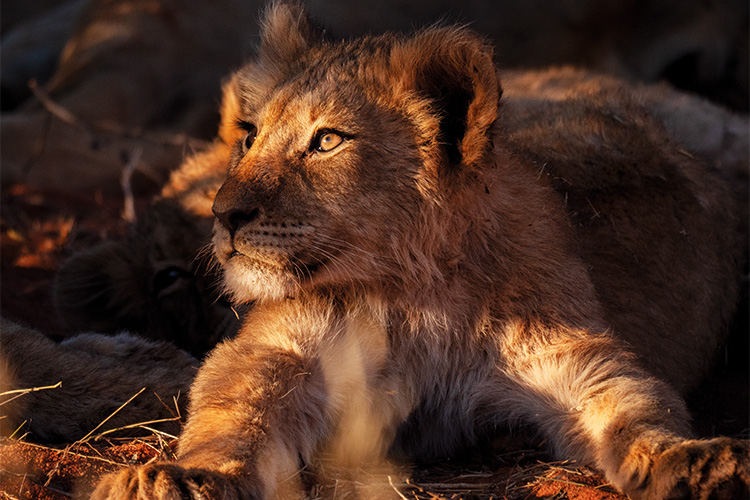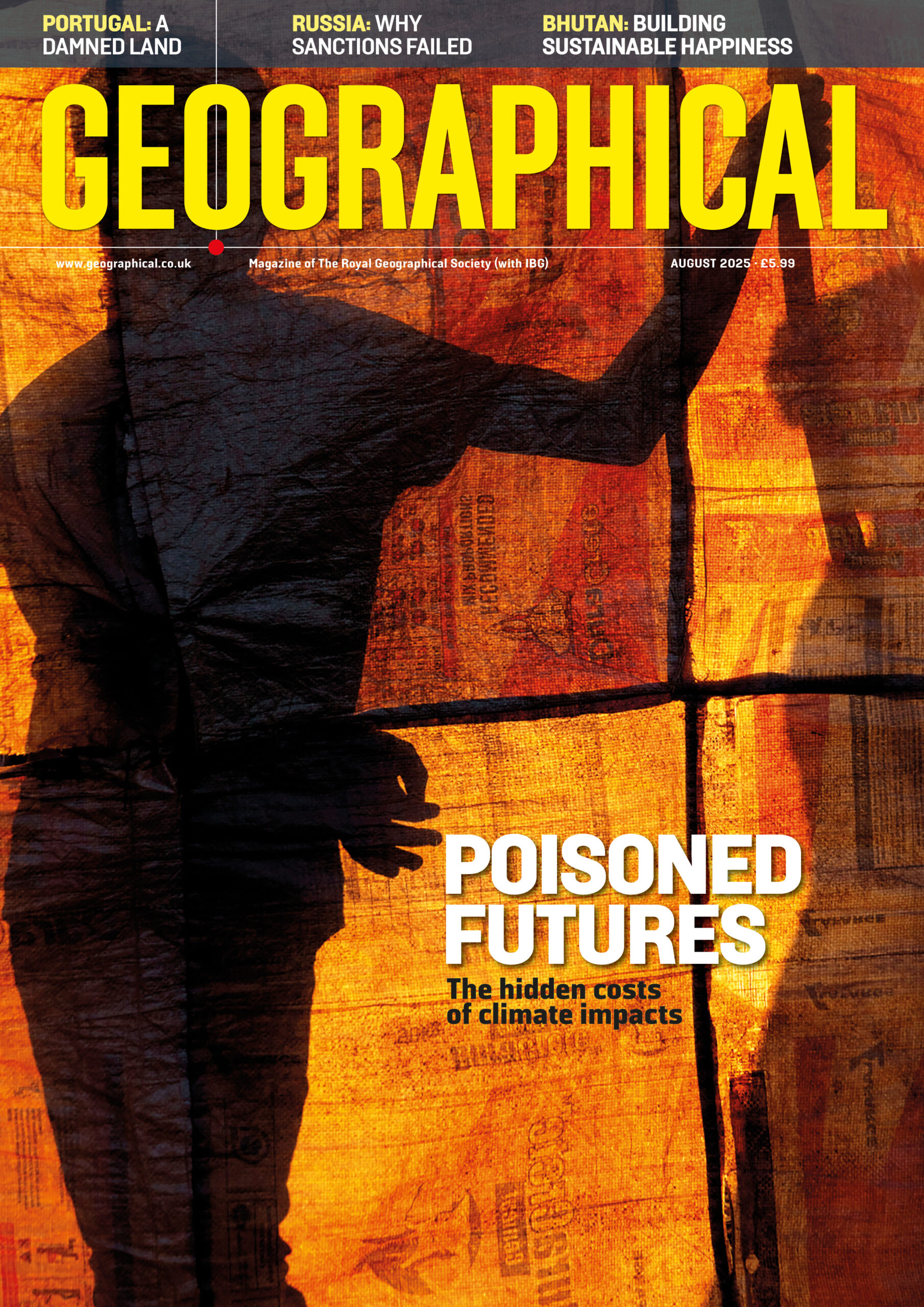
A growing movement is empowering local people to reshape African wildlife filmmaking
Fabian Mdluli has lived his whole life in Acornhoek, a rural town that borders Greater Kruger National Park. The reserve – home to 147 species of mammal, more than can be found in any other African park – attracts nearly two million annual visitors who come to see its lions, elephants, rhinos and much more. Like many young people living near one of South Africa’s 1,690 protected areas, however, 23-year-old Mdluli had never seen the country’s wildlife first-hand.
That changed last year when Mdluli became the first fully sponsored student to benefit from a new initiative, led by Too Wild Productions, to build South Africa’s next generation of wildlife filmmakers. The budding film editor describes the four-week course, held in the 53,000-hectare Timbavati Nature Reserve on Kruger National Park’s western edge, as a transformational opportunity. ‘It was one of the best experiences I’ve had. It’s helped me discover my real passion – editing. It’s all about crafting the story.’
Founded by zoologist-turned-wildlife TV presenter Lauren Arthur and wildlife filmmaker David Eastaugh, Too Wild offers a unique opportunity for aspiring filmmakers to gain hands-on experience in the wild. Students practise their technical skills while learning about the ethics of filmmaking and how to tell captivating stories that drive positive change. While they’ve taught people from around the world, ranging in age from 18 to 74, Arthur says the driving force behind the company has always been its community project. ‘Timbavati is – I would say – the best reserve in South Africa, famous for its white lions,’ she says. ‘Yet those little communities sitting on the outside of the fence have never experienced what people inside the reserve get to experience. We want to make a difference, and our greatest passion is helping to empower local talent.’
While Africa is a primary setting for many internationally acclaimed wildlife films, African talent has historically been under-represented behind the camera. A 2022 report from Wildscreen Festival, an international nature film festival based in Bristol, UK, revealed that while 25 per cent of film award submissions featured African wildlife, only seven per cent were actually made in Africa by Africans. A recent UNESCO report confirmed that the film and audiovisual sector in Africa remains historically and structurally ‘underfunded, underdeveloped and undervalued’, generating just US$5 billion in annual revenue out of a potential US$20 billion.

At the same time, youth unemployment stands at more than 65 per cent in rural communities within the Greater Kruger area, where poverty and unemployment are driving factors behind environmental challenges such as poaching and human–wildlife conflict. ‘We’ve seen these challenges with our own eyes and, while we don’t think we can solve these problems alone, we want to ensure those who live closest to these ecosystems have the tools, knowledge and opportunity to tell their own stories,’ says Arthur.
Fortunately, Too Wild is one of a growing group of African conservationists, filmmakers and storytellers pioneering a new path for the industry. Others include Durban-based Nature, Environment & Wildlife Filmmakers, a non-profit dedicated to training, networking and promoting African talent, and the Tanzania Wildlife Media Association, which mentors aspiring wildlife-conservation storytellers. Wildscreen Festival has also shifted its base from Bristol – a city sometimes called the ‘Green Hollywood’ for its key role in nature filmmaking – to bring its two-day event to Kenya, Tanzania and Botswana.
While Mdluli has joined Too Wild as a junior editor, he’s keen to take on new opportunities in the industry. Arthur says they’ll support him, as well as their current sponsored student, as much as they can. ‘Our biggest goal is to have production companies coming to us asking, “Hey, who are your local filmmakers? We want to hire them,”’ says Arthur. ‘That doesn’t happen much here and it needs to. Hiring local filmmakers benefits production bodies and individuals alike. Frankly, I don’t think there is any other way forward.’
We know incredible filmmakers, both amateur and professional, are out there reshaping perspectives with their work. If you or someone you know has an inspiring film showcasing positive global impact, don’t miss the chance to enter the Geographical Better World Video Awards 2025!

Our top prize, courtesy of Aggressor Adventures, is a US$6,000 stay for two at their exclusive lodge in northern Thailand. Find out more on our website




